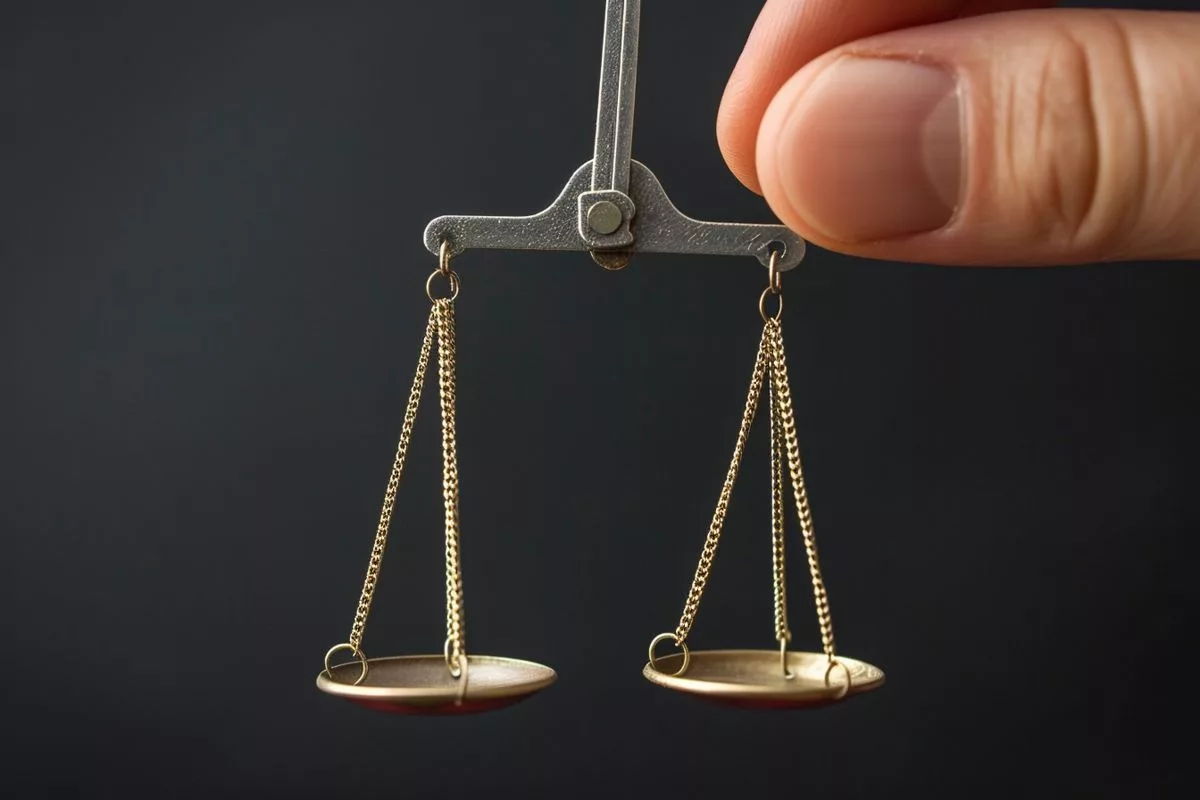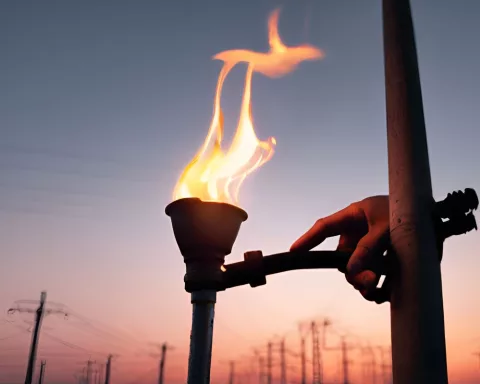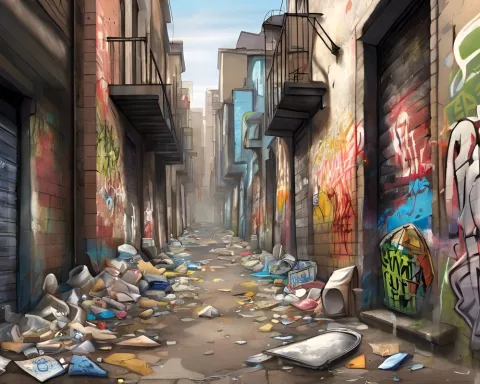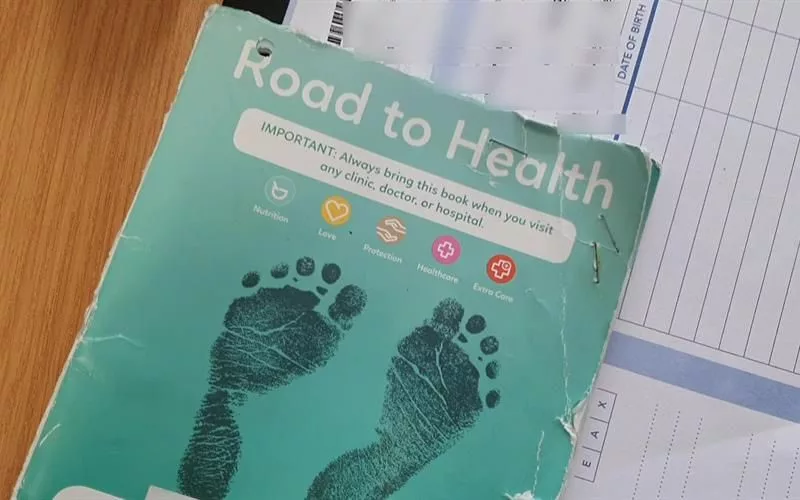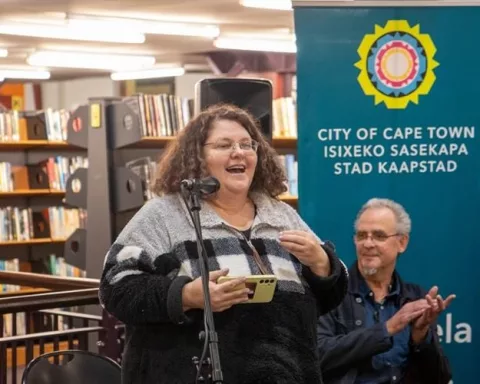The International Court of Justice (ICJ) is hearing a case about allegations of genocide between South Africa and Israel. The case has sparked heated debates online, with calls for justice and accusations of prejudice. It’s essential to understand the nuances of international law and the differences between the ICJ and the International Criminal Court (ICC). As global attention focuses on this case, the verdict could alter the geopolitical landscape and the climate of global justice.
The International Court of Justice (ICJ) is a judicial body of the United Nations that resolves conflicts between nations and issues advisory opinions on pressing international legal questions. The ICJ is headquartered in The Hague and has jurisdiction over nations that voluntarily submit to its legal influence. South Africa and Israel, both members of the UN, have agreed to present their case before the ICJ.
The Allegations of Genocide
The case revolves around allegations of genocide, which has sparked heated debates across digital platforms. Supporters of South Africa are calling for global intervention, while Israel’s defenders are questioning the basis of the allegations. Figures such as Jeremy Corbyn and Cameron are thrust into the conversation, indicative of the severity of the charges. Hashtags like #GazaGenocide and #GenocideinPalestine emphasize the calls for justice on social platforms.
The Nuances of International Law
The ICJ operates within the realm of international law, which can be complex and nuanced. Consent is crucial, and the court’s authority pivots on the mutual agreement of the disputing states. The pending hearings have stirred up speculation and discourse, with accusations of prejudice, reminders of political contexts, and references to past injustices coloring these character-limited exchanges.
The ICJ vs. the ICC
It’s essential to distinguish the ICJ from the International Criminal Court (ICC), which prosecutes individuals, not states, for egregious acts like genocide. The ICC has more defined jurisdictional constraints concerning Israel.
The Global Attention
As the ICJ mulls over this intricate and symbolic case, the very foundation of international law faces a challenge. The global community finds itself interwoven in the unfolding legal drama, questioning the balance of justice and the function of legal institutions in the midst of such controversial and emotive disputes. The verdict of this case will echo through the records of international legal history, possibly altering the geopolitical landscape and the climate of global justice.
What is the International Court of Justice (ICJ)?
The ICJ is a judicial body of the United Nations that resolves conflicts between nations and issues advisory opinions on pressing international legal questions. It has jurisdiction over nations that voluntarily submit to its legal influence, and South Africa and Israel have agreed to present their case before the ICJ.
What are the allegations at the center of the South Africa-Israel case?
The case revolves around allegations of genocide, which has sparked heated debates across digital platforms. Supporters of South Africa are calling for global intervention, while Israel’s defenders are questioning the basis of the allegations. Hashtags like #GazaGenocide and #GenocideinPalestine emphasize the calls for justice on social platforms.
How does international law play a role in the South Africa-Israel case?
The ICJ operates within the realm of international law, which can be complex and nuanced. Consent is crucial, and the court’s authority pivots on the mutual agreement of the disputing states. The pending hearings have stirred up speculation and discourse, with accusations of prejudice, reminders of political contexts, and references to past injustices coloring these character-limited exchanges.
What is the difference between the ICJ and the ICC?
It’s essential to distinguish the ICJ from the International Criminal Court (ICC), which prosecutes individuals, not states, for egregious acts like genocide. The ICC has more defined jurisdictional constraints concerning Israel.
What is the significance of the South Africa-Israel case and the global attention it has received?
As the ICJ mulls over this intricate and symbolic case, the very foundation of international law faces a challenge. The verdict of this case will echo through the records of international legal history, possibly altering the geopolitical landscape and the climate of global justice. The global community finds itself interwoven in the unfolding legal drama, questioning the balance of justice and the function of legal institutions in the midst of such controversial and emotive disputes.

